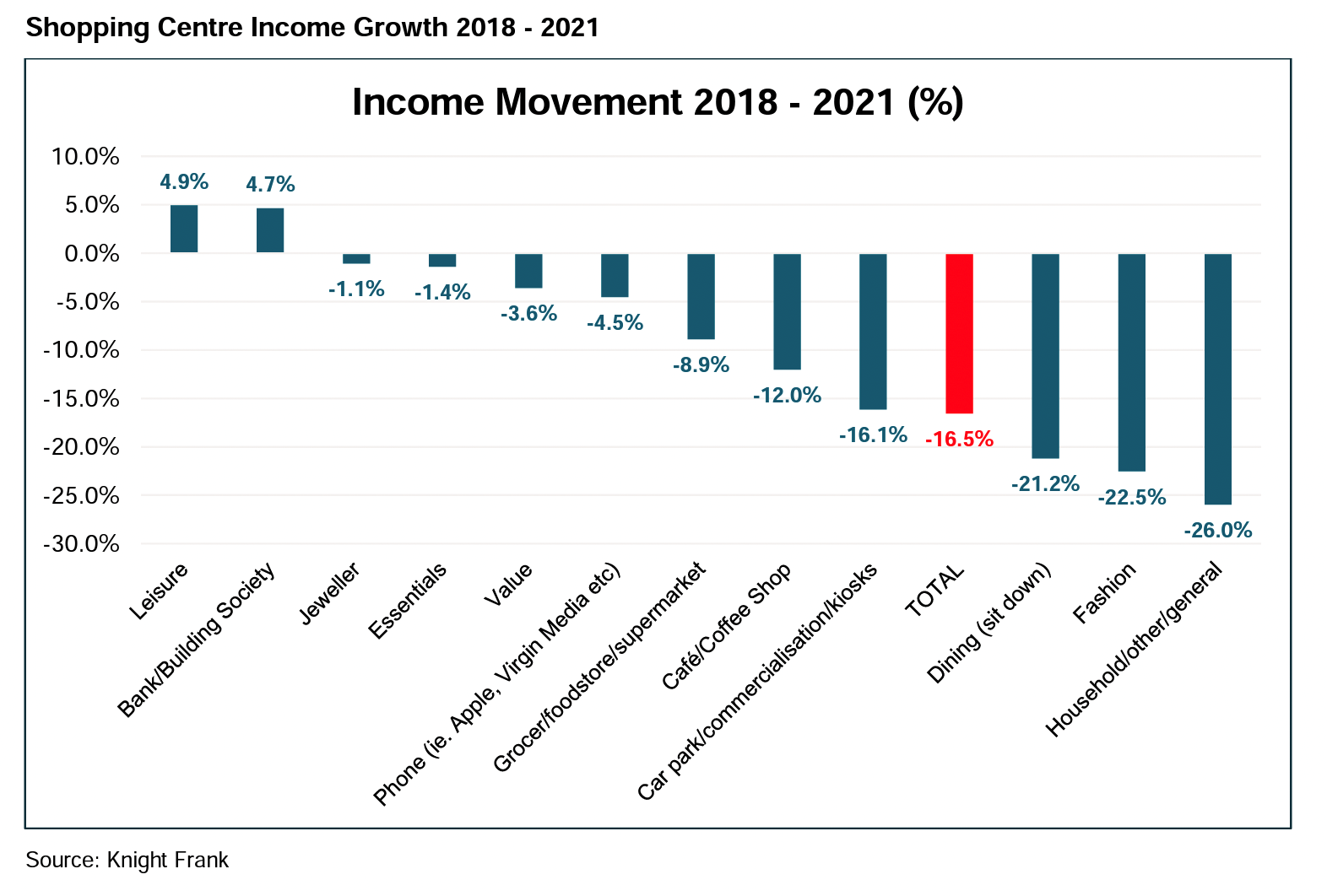Canada buyer ban, inflation in mortgage market and the fate of UK shopping centres
Making sense of the latest trends in property and economics from around the globe.
4 minutes to read
Overseas buyers
Home prices in Canada have increased by more than 50% over the past two years. The market saw a record monthly increase in February, taking the average price of a home to C$869,300 ($693,000) according to Canada’s Real Estate Association (CREA).
That's pushed Prime Minister Justin Trudeau to act, and we talked on Friday about Canada's proposed two-year ban on some overseas buyers purchasing homes. Kate Everett-Allen looks for details:
Students, foreign workers and foreign citizens who are permanent residents of Canada will be excluded from the ban and as yet, there has been no formal confirmation of when the rules will come into effect.
We remain sceptical as to how effective the ban would be. As we mentioned on Friday, multiple rate hikes are imminent and sales are already starting to slow in key markets. In Greater Vancouver, home sales were down 25% in March 2022 compared to a year earlier and average prices were down 13% over the same period. Plus, British Columbia and Ontario, home to Vancouver and Toronto respectively, have both introduced foreign buyer taxes since 2016, significantly reducing the market share of foreign buyers. As a result, the two key cities may be less affected by the new ban than other markets.
“It’s possible we will see an uptick in foreign buyers targeting off-plan projects that are two years or more off delivery," says Kevin Skipworth, Managing Director at Dexter Realty, Knight Frank’s Partners in Vancouver.

Mortgages
We talked last month about some of the unusual impacts inflation is having on the mortgage market. Lenders purchase swaps to hedge themselves against movements in interest rates and as a result, swap rates are generally a reliable leading indicator for the path of mortgage rates.
In late February the 2-year swap rate began tracking higher than the five and ten. As a result, Coutts became the first lender to price two-year fixed mortgages higher than five, which it in turn priced higher than ten-year products.
That inversion has now reached the high street:
From Monday Halifax will increase mortgage rates by up to 0.5 percentage points, with two-year deals going up by twice as much as five and ten-year deals. Its lowest two-year deal will charge 2.54 per cent, more than its lowest-available rate five and ten-year deals, which will charge 2.48 per cent.
The movements are a clear signal that investors believe inflation will calm later this year and the path of interest rates will flatten or even fall in the subsequent months.
Shopping centres
The pandemic arrived at a brutal moment for shopping centres. During the preceding two years, incomes had contracted by 11% as the sector bore the brunt of wider structural change within the retail industry.
Yet, the rate of income decline actually decelerated to 8.5% during the two peak years of the crisis, suggesting much of the heavy lifting in the restructuring had already been completed before the pandemic struck, according to new Knight Frank research. Across all categories, income has declined by -16.5% since 2018 (see chart). By floorspace (the most traditional measure), the vacancy rate stood at 16.6% at the end of 2021, an increase of +816bps versus 2018.
The research highlights the extent to which Shopping Centres are evolving not just to survive, but to remain relevant. The income profile is changing and we are able to project what that may look like in the future, particularly as Local Shopping Centres reinforce their convenience credentials and Regional Shopping Centres underline and build on their one-stop destination status. See the paper for more.

Supply
Tom Bill checks in on the UK's tight housing supply like as the spring selling seasons gets underway:
“Low but building” is the best summary, a process happening more quickly in some areas than others.
Indeed, the number of new sales instructions across the UK in March was only 0.5% below the five-year average for the same month, which is encouraging. However, for context, the number of new prospective buyers registering was 56% higher.
In other news...
Philippa Goldstein on the outlook for the UK hotels.
Elsewhere - UK cladding pledges raise £2bn but leave questions for Gove (FT), mortgage holidays in China (Bloomberg), and finally, the economic implications of Russia's war in Ukraine (Bloomberg).